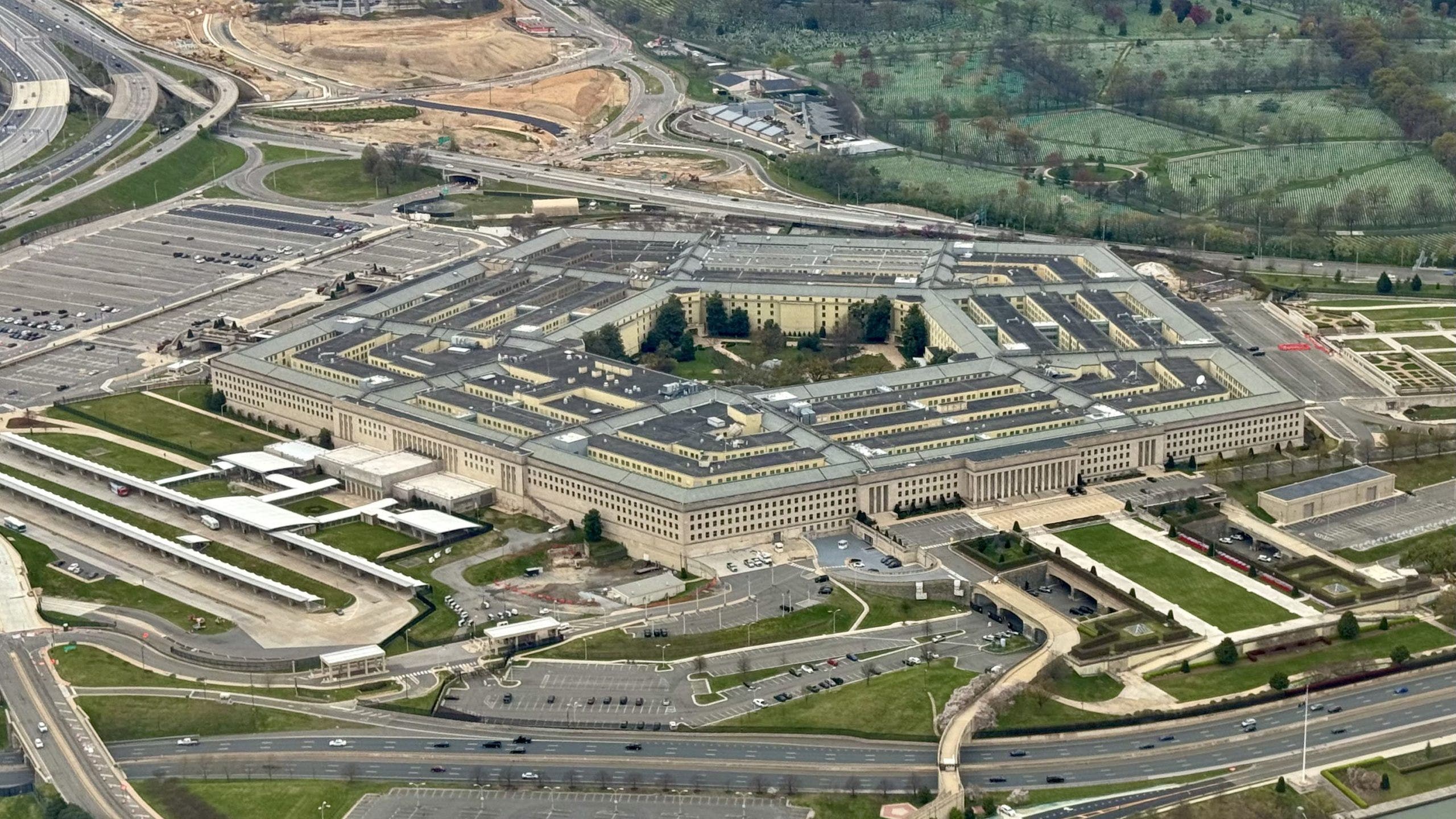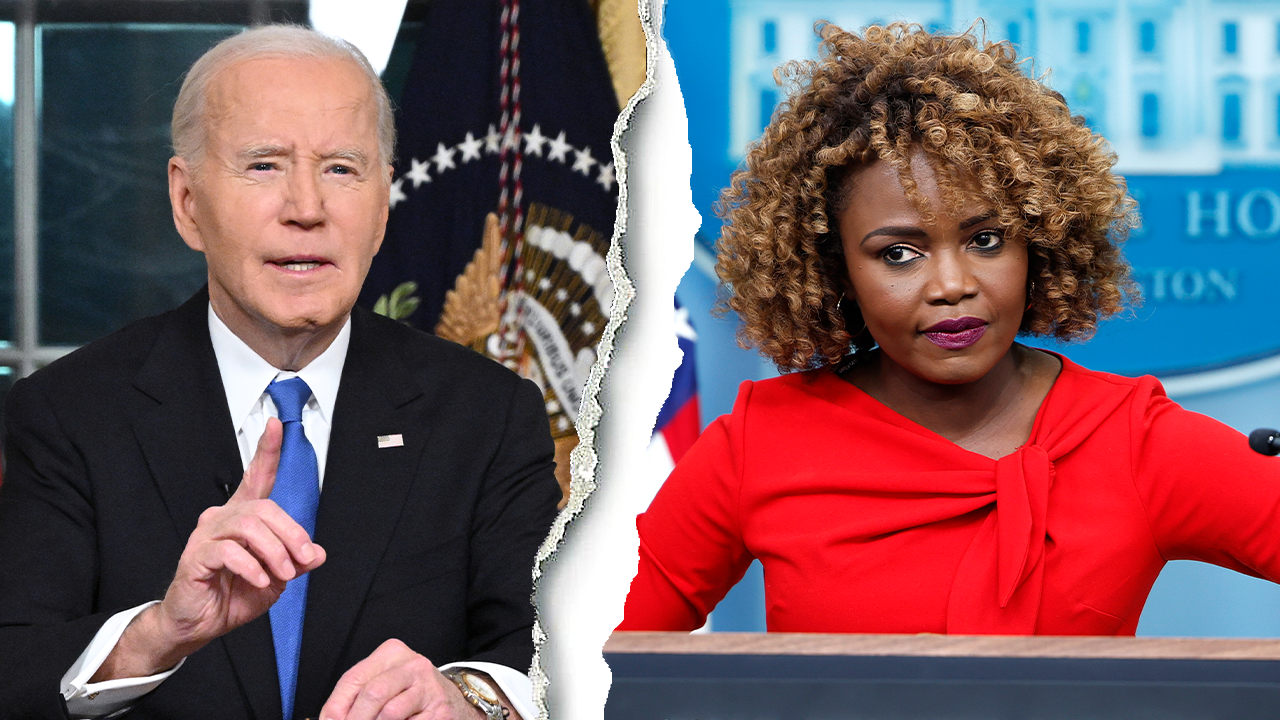Democrats in a bind over defense bill that bans transgender surgeries for minors but boosts enlisted pay

The House is gearing up to vote on the National Defense Authorization Act (NDAA) this Wednesday. This crucial yearly defense bill outlines how $895.2 billion will be allocated towards defense and national security, representing a 1% increase from last year’s budget.
One of the key highlights of this year’s NDAA is a significant pay raise for junior enlisted troops, with a 14.5% increase in their salaries. This raise comes at a time when record recruitment issues are plaguing the military, making it a much-needed quality-of-life improvement for service members. Additionally, the bill includes provisions for increasing access to childcare for service members and providing job support for military spouses.
The NDAA also authorizes a 4.5% across-the-board pay raise for all service members starting in January. While this bill typically enjoys bipartisan support, this year’s focus on eliminating \”woke\” policies may pose a challenge for Democrats. One controversial proposal is to prohibit Tricare from covering transgender services for minor dependents of service members, a move that has raised concerns among lawmakers.
Despite some contentious provisions, the bill does not include bans on gender transition surgeries for adults or requiring masks to prevent disease spread. It also supports deploying the National Guard to the southern border to assist with illegal immigrant apprehensions and drug flow.
One interesting provision in the bill is the potential allowance for airmen and Space Force personnel to grow facial hair. The bill directs the secretary of the Air Force to explore the feasibility of establishing a pilot program to test out this policy change.
While Democrats are disappointed that the bill did not expand access to IVF for service members, it did not include a provision rolling back the ability for the Pentagon to reimburse service members for out-of-state abortions. The bill also extends a hiring freeze on DEI-related roles and stops recruitment until an investigation of the Pentagon’s DEI programs can be completed.
Overall, the NDAA is a comprehensive piece of legislation that sets policy for the nation’s largest government agency. It includes provisions for significant pay raises, quality-of-life improvements for service members, and measures to enhance national security. The bill represents a crucial step in ensuring the readiness and effectiveness of our military forces.




